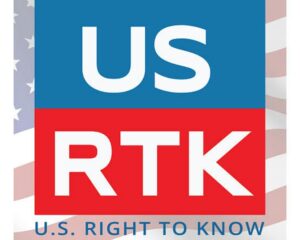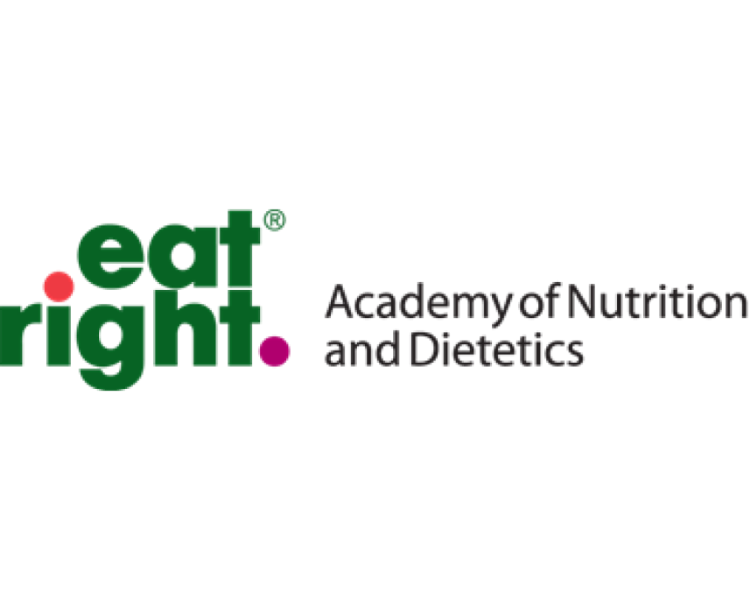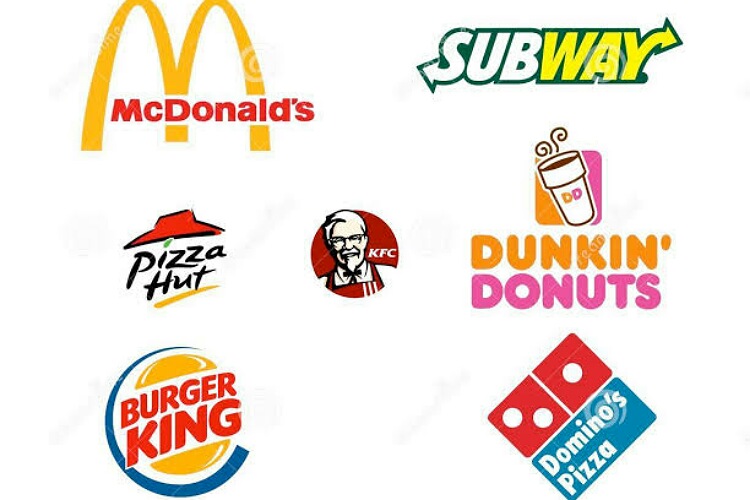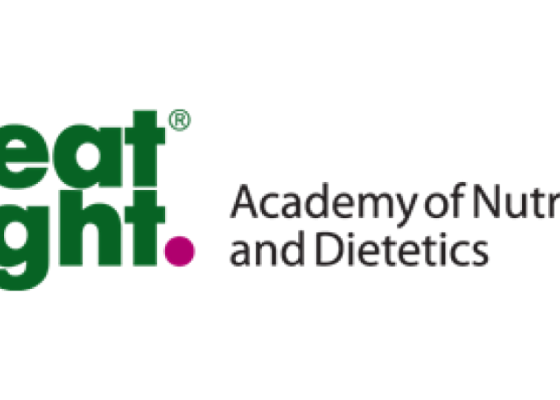A new report confirms that we cannot trust the Nutrition industry. Because the Academy of Nutrition and Dietetics gets funding from corporate food giants who are creators of junk foods. This is not right and ethical.
The recently released report on the Nutrition industry
A new report has got published in the journal, Public Health Nutrition. Its title is “The Corporate Capture of the Nutrition Profession in the USA: The Case of the Academy of Nutrition and Dietetics”. As the name suggests, it talks about the corporate food giants hijacking the Nutrition industry of the USA. The latter is no more independent but is under the influence of the junk food manufacturers.

The Academy of Nutrition and Dietetics is a highly influential group that comprises of around 112,000 dietitians, nutritionists and students in the field. And they advise people on what to eat. But now there is an accusation on this group that it accepted millions of dollars in funds from makers of ultra-processed food, and pharmaceutical and agribusiness companies.
Moreover, the Academy and the corporate donors are in a symbiotic relationship. They help each other at the cost of the health safety of the public. Additionally, the Academy serves as a pro-industry voice and makes policies in their favor. And this is detrimental for global public health.
The scientists from non-profit organizations and universities of the USA and the UK, with the U.S. Right to Know (a nonprofit investigative public health group) carried out a five year study. They analyzed 80k internal Academy documents got through freedom of information requests. It showed that the Academy continues to have a symbiotic relationship with makers of ultra-processed food, beverage, pesticides, and pharmaceuticals. They invested in some of these companies and accepted their monetary contributions in studies.
The money taken was to the tune of USD 15 million in 2011 and from 2013 to 2017. And the main contributors included National Dairy Council, Conagra Inc., Abbott Nutrition, Abbott Laboratories, PepsiCo Inc., Coca-Cola Co. etc. Sponsors get commercial return while supporters only donate with no expectation of gain. The government’s silence on the matter is unexplainable.
The Academy of Nutrition and Dietetics rubbishes the report
The Academy vehemently denies all the accusations of the report. It adds that it has no conflicts of interest due to the corporate funding. It calls the report misleading adding that its decisions and policies are not governed in any way by the industry people. Its statement read:
“The Academy’s procedures and formal agreements with external organizations are designed to prevent any undue corporate influence,”

It points out:
“As the report itself notes: ‘This study does not include interviews with key actors, which would have provided a detailed narrative of actions and decisions in the AND [Academy of Nutrition and Dietetics] and ANDF [Academy of Nutrition and Dietetics Foundation] and would have helped contextualize our findings.'”
It adds that it does not allow the funding companies to influence its guidelines and the Academy has only 3% of its money invested in these food companies. Moreover, it gets only less than 9% funding from them. But e-mail proofs say otherwise.
Origin of the Academy
It was in 1917 that a group of women came together and founded the American Dietetic Association. Its aim was to assist the then-government in conserving food and improving public health and nutrition amidst the first world war.
Also, read Avoid these junk plant foods to remain healthy!

The Academy claims that it is committed to advance public health and the field of nutrition and dietetics by carrying out extensive research, awareness programs, and advocacy. It influences decisions of the Congress and helps them in framing dietary guidelines. It is considered an authority in policy-making related to food.
